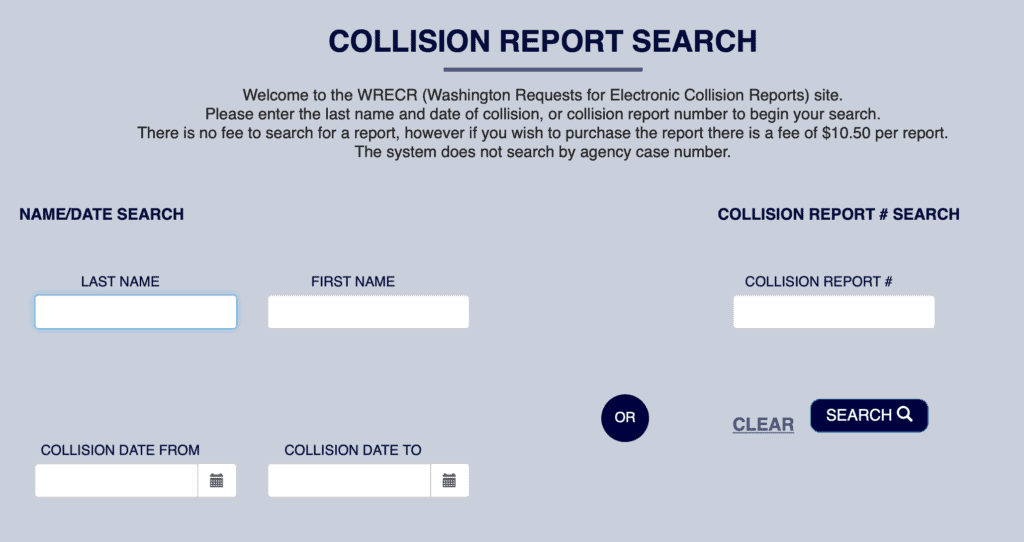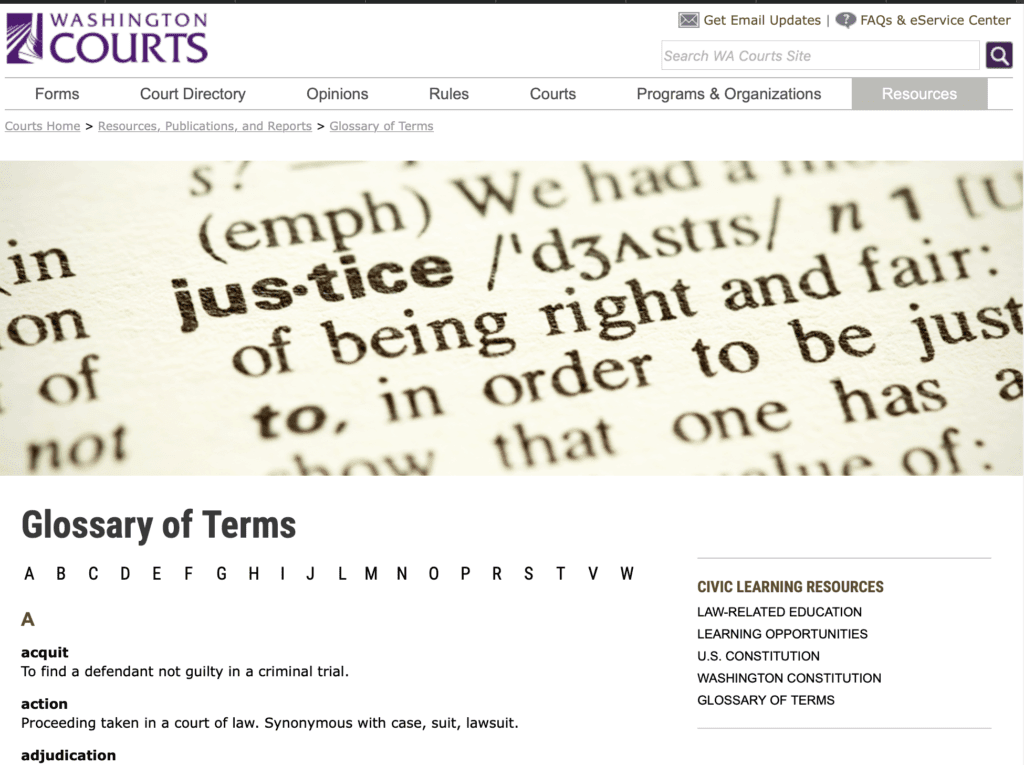The majority of clients with traumatic brain injury (TBI) I have worked with in the past 35 years have suffered injuries in truck crashes or motor vehicle collisions.
These types of cases are similar in that there are all torts, or personal injury claims. That means another person, or a company, did or did not do something that caused the injury. And you should be prepared to protect your rights, and ensure you can get necessary medical care.
Here are the steps for a brain injury lawsuit.
Making the decision to talk with a lawyer
One factor that can complicate a brain injury lawsuit: a person might wait months—or even years—before talking with a lawyer.
Sometimes this is the result of a delayed diagnosis. Emergency room care, imaging and clinical assessment are the usual course of treatment for those taken from the scene of a crash to a local hospital. Often, more obvious injuries such as fractures, internal injuries and spinal cord injuries are treated before a person is assessed for TBI.
Because symptoms of a TBI are often delayed or subtle, people might not recognize the severity of the injury.

Or, the delay can be the result of the brain injury itself.
It is crucial for TBI patients to accept help from family, friends, coworkers and neighbors who may help you see the situation more clearly. Talking with a lawyer can help protect your legal rights, even if you decide not to proceed with a personal injury claim.
What you can do: Find an attorney who handles brain injury lawsuits. Check the law firm’s reviews. Ask for a free consultation. Don’t hire a lawyer unless you feel comfortable talking with that person, and confidant that you can trust them.
Signing up as a client
Personal injury lawyers almost always work on a contingency fee basis, which means the law firm is paid a percentage of any settlement or verdict they win on your behalf. Attorney fees are only incurred if you reach a successful settlement or verdict.
To sign up with a lawyer, you will need to complete a fee agreement and sign Releases of Information so the firm can get your medical bills and records.
Check the fee agreement to make sure that the law firm will also advance the costs of pursuing your case. Traumatic brain injury litigation can be expensive: ask your lawyer if the law firm can cover all the costs until you receive a final settlement or verdict.
Quick tip: Even if you are feel that you are able to understand and execute legal agreements, have a trusted friend or relative review all the documents before you sign. Keep copies and notes to reference.
After you hire a lawyer, the office should send letters of representation to the insurance companies.
From this point on, anyone who contacts you about the crash, the claim, or your injuries, should talk to your lawyer.
What you can do: The most important thing you can do at this point is to care for yourself. Head injuries can get even more serious if you do not follow a set of medical guidelines.
An independent investigation
If the TBI was caused by a car crash, your lawyer should consider doing an independent investigation.
Law enforcement officers investigate in order to complete their reports, but we often find that officers have limited time and resources. They may be working multiple crash scenes at a time, or under pressure to move traffic through. As a result, they miss key facts, witnesses or evidence.

An independent investigator can take time to fully document the scene, track down witnesses and get detailed information, and search for additional evidence before it is gone.
Quick tip: Tell your lawyer if you spoke with any police officers or first responders at the crash scene. Things you say after a serious brain injury could easily be misunderstood or misinterpreted – especially if the extent of your injury was not fully understood.
Your lawyer’s office will also be collecting all of your medical records and bills.
They should help you submit your bills to insurance for payment, but you will still need to confirm that bills that are sent to you get paid.
What you can do: Provide copies of billing statements and insurance coverage information to your lawyer’s office – and keep up with the recommended medical care and treatment.It is common for a person suffering from a brain injury to simply believe that things will get better over time. Your medical treatment should never be delayed.
Demand and Negotiation
In brain injury cases, we often don’t know the full extent of the TBI for some time – especially if you had multiple acute injuries.
That’s why we often consult with doctors and expert witnesses to assess your medical needs. They may make an assessment based on your medical records, or they may have additional questions. You may need to have additional examinations.
Quick tip: If you are asked to attend an Independent Medical Exam (IME), be sure to talk it over with your lawyer, and ask if someone can attend with you.
When you are medically stationary, the law firm will usually prepare a demand for settlement.
The insurance companies will review the demand, and might an offer to settle your brain injury case.
But most of the time, your lawyer will need to file an official complaint with the court.
What you can do: Please be patient. This process can take a long time. The insurance companies want you to get frustrated and accept a low offer of settlement.
Filing a brain injury lawsuit
If the insurance company will not negotiate a reasonable settlement, your attorney will prepare and file a complaint, which officially opens your brain injury lawsuit.
The plaintiff is the injured person.
The defendant(s) caused or contributed to the injuries.

After the complaint is filed, the court sets a trial date and assigns deadlines for notifying the other parties, exchanging information, and – in Washington State – sitting down with a neutral mediator.
Your lawyer’s office will communicate with you to answer questions and provide information for the discovery process. They will help you prepare to give a deposition, which is a recorded statement for the court.
Quick tip: Practice giving a statement and responding to repeated questions before you give a deposition. The defendant’s lawyers are going to ask confusing questions, and the process can be frustrating.
Before trial, all parties with sit down with a mediator and make a final attempt to come to a fair agreement. Your lawyer should discuss any offers the defendants make to settle the case.
The litigation process was purposefully designed to take a long time. Courts encourage parties to resolve disputes and come to a settlement agreement.
A trial is supposed to be the final option, used only when other methods of resolution have failed.
What you can do: The litigation process can be hard on plaintiffs, but especially on those with a brain injury. Continue with your medical care. Keep doing your best to respond to questions and requests from your lawyer or paralegal. Throughout your case, it is important that you trust your lawyer to have your best interest in mind.
– Attorney Kevin Coluccio, Seattle Washington

These steps are specific to a brain injury lawsuit in Washington State; while the process is likely similar, you should talk to an attorney who is licensed in your state.
If you have questions, call my office at 206-826-8200 for a free consultation.
Recommended Article: Best Brain/Head Injury Attorney in WA



